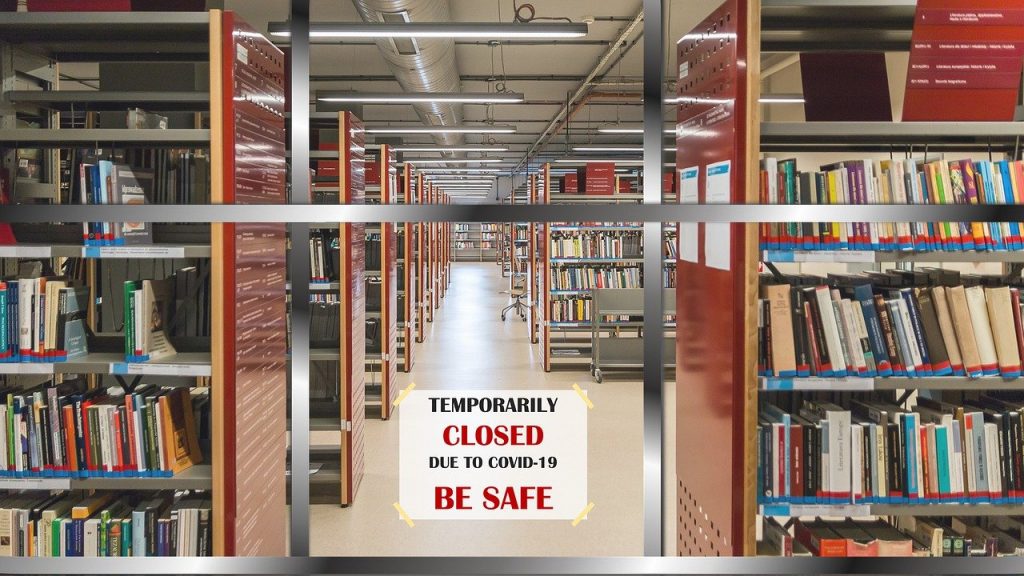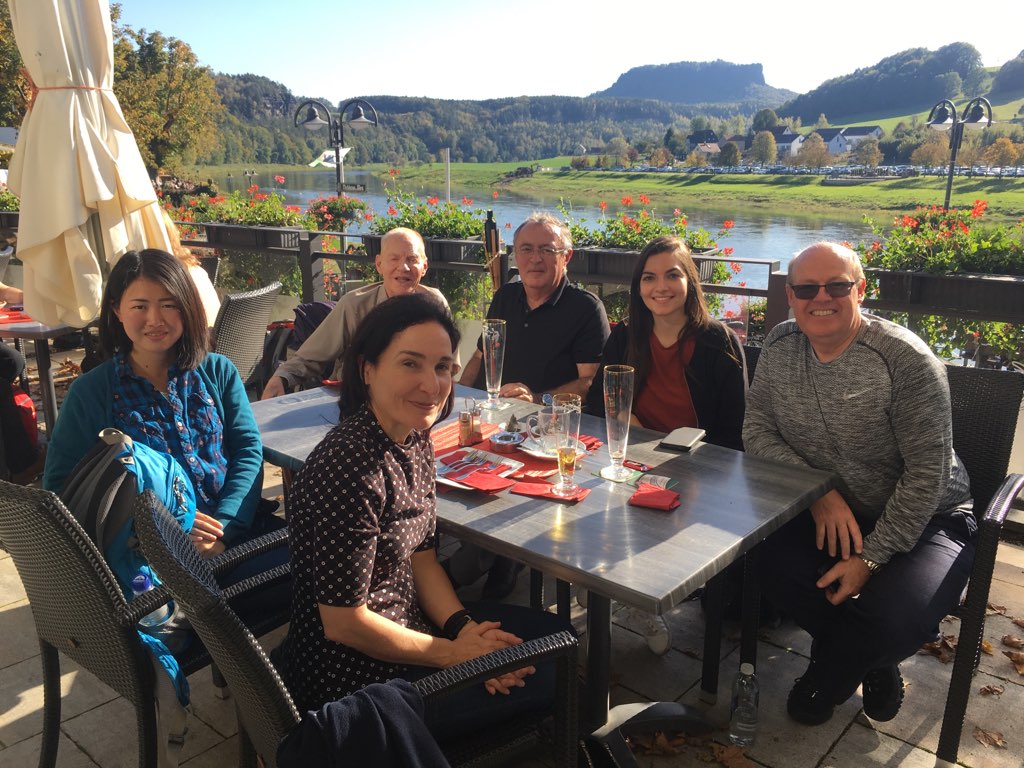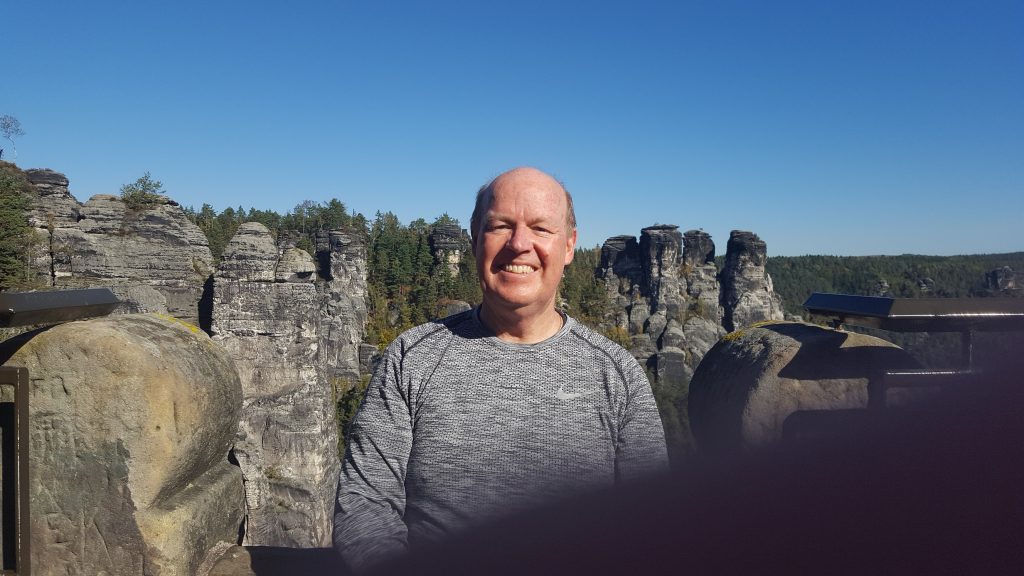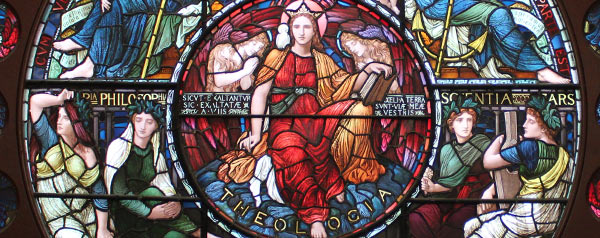 The Brisbane Chapter of ANZATS (= Australian & New Zealand Association of Theological Schools) conducted an interesting discussion today that I was able to join by Zoom. The discussion was titled, “Theology and the University: Queen of the Sciences?” Two essays were distributed prior to the discussion, and three papers given during the session on related themes.
The Brisbane Chapter of ANZATS (= Australian & New Zealand Association of Theological Schools) conducted an interesting discussion today that I was able to join by Zoom. The discussion was titled, “Theology and the University: Queen of the Sciences?” Two essays were distributed prior to the discussion, and three papers given during the session on related themes.
The two essays distributed were John Webster’s “Regina Artium: Theology and the Humanities” (from, The Domain of the Word: Scripture and Theological Reason) and Linn Marie Tonstad, “(Un)Wise Theologians: Systematic Theology in the University,” IJST Vol. 22, Number 4 (October 2020).
Webster argues that theology is not merely one discipline amongst the humanities but is in fact the ‘Queen of the (Intellectual) Arts.’ Using especially Bonaventure and also Augustine as his main conversation partners, Webster argues that all created intelligence and all creaturely intellectual work is a ‘gift from above’ (James 1:17), creaturely thought illuminated by the ‘Father of lights.’ This is a theological appraisal of the origin and goal of human intellectual endeavour.
For Bonaventure, theology describes what, according to Holy Scripture, the world is: the temporal passage of created being back to its creator. This history is irreducible to other terms, and so there can be no profane understanding of the arts of the mind, because creatureliness is basic. For Augustine, too, the arts of the mind are not secular, but of divine institution; but they are caught up in wickedness, and discriminating use of them – most of all in the interpretation of the Bible – depends on their being broken away from captivity to vice (187).
But this view of theology is difficult for many to accept:
Talk of divine motion . . . seems to us to threaten rational autonomy and responsibility. . . . God does not move the mind as an archer propels an arrow . . . God moves from within, not simply as a causal force from without. Yet in order to grasp this, we have to detach ourselves from the assumption that the natural life of creatures is secular life (188).
That is, all creaturely existence, including the work of the mind, occurs within the encompassing context of the divine origin and goal of all things. All the intellectual arts from designing and weaving a basket to abstruse philosophy are intended to lead us to God. In our fallen condition, however, this intention is hidden from us. It is the task of theology not merely to inquire about God, but to consider all things relative to God as origin and end.
This is why theology may be called the queen of the arts, though that appellation only makes sense against the background of a now lost understanding of the hierarchy of studies in which theology is the point at which the divine illumination of all things is made an object of contemplation (191).
Linn Marie Tonstad rejects this view as an attempt to justify theology’s place in the university, and indeed as an imposition of power with respect to the other disciplines in the humanities. She is concerned especially, with more aggressive approaches (she names Milbank as an example) which would launch a counter-attack against theology’s despisers whether by telling a better story, undermining the other’s foundational commitments, etc., in order to insist that unless these other disciplines are ordered to theology and so find a means of “participating in God’s self-knowledge . . . they are objectively and demonstrably null and void” (502).
Tonstad argues that theology is subject to the same epistemological and socio-cultural limitations and pressures that assail all the disciplines, and attempts to ‘master’ another is not only wrong-headed but ultimately futile. The university context inevitably shapes the way in which theology is practised:
The university values what is new and ground-breaking; it values the originality ascribed to a single scholar; it values radical programs or critiques of existing structures, discipline-shifting paradigms; . . . The pressure to distinguish oneself within a field offering shrinking rewards becomes ever more intense. . . . Theology, as a result, becomes a practice of self-protection (505-506).
She reasons from 1 Corinthians 1 that appeals to wisdom can be an attempt to mastery, but God chooses the foolish things of the world to bring to nought the things that are. Therefore, theology ought aim at foolishness and unmastery, a non-defensive theology of failure utterly aware of its own contingency and susceptibility to judgement.
Such a non-defensive position does not seek to colonize other disciplines by instructing them in their proper ends or by accusing them of being about nothing. For the text instructs theologians that God sometimes chooses what is nothing for God’s own ends, and it is not the business of the theologian to determine when God is doing just that (511).
I find I agree and disagree with both scholars and perhaps Tonstad’s suggestion that the university context distorts theological inquiry is most apt. She focusses on the economics of the university—neo-liberalism and capitalism are the enemy—though I wonder if the modes of rationality in the modern university are equally or even more problematic. This, too, may be part of her critique, especially when she speaks of the university rewarding the novel and the radical. As one engaged in queer theology—and a tenured professor at Yale—she also benefits from the system she critiques. The same was true, of course, of the late John Webster who enjoyed a celebrated career in prominent institutions in the United Kingdom. Webster’s rigorously theological approach to the question, though, has the merit, of insisting that human intellectual gifts and inquiry are graced, even if, under the conditions of the fall, they do not exhibit or realise the full intent of that grace.
In my view, the true home of theology is not the university but the church, though I suggest that Tonstad would reject this suggestion as well. The Yale theologian rightly warns against the kind of wisdom that seeks mastery or dominance over others, and rightly emphasises the contingency and limits of theological assertion. Her concern that theology be much more self-critical than critical of the other disciplines is not misplaced. My worry, however, comes from what she does not say here. May the Christian have theological confidence at all? Does the fact that we cannot know the truth comprehensively mean that we cannot know it at all? It seems she has problematised theological activity in order to propose a posture appropriate for theology while eroding or denying the possibility of any normative truth claims. While she has rightly intuited the social location of Paul’s ‘Corinthian wisdom,’ it seems she has emptied it of its content, and so of its saving power.
Theology, as faith seeking understanding, has its own particular rationality as Webster insists. Certainly, it may be a critical venture, demanding the utmost exercise of our intellectual gifts. Yet it arises on account of faith and is directed toward the building up and promulgation of faith through the ministry of the church. Separated from this context, theology may be tempted to substitute a mode of rationality and an ethos contrary to its one foundation, Jesus Christ (1 Corinthians 3:11). The task of theology whether academic or ecclesial is not merely “therapy for [theology’s] desire for recognition” (Tonstad, 511), but the knowledge of him “who is made unto us wisdom from God, and righteousness and sanctification and redemption” (1 Corinthians 1:30).
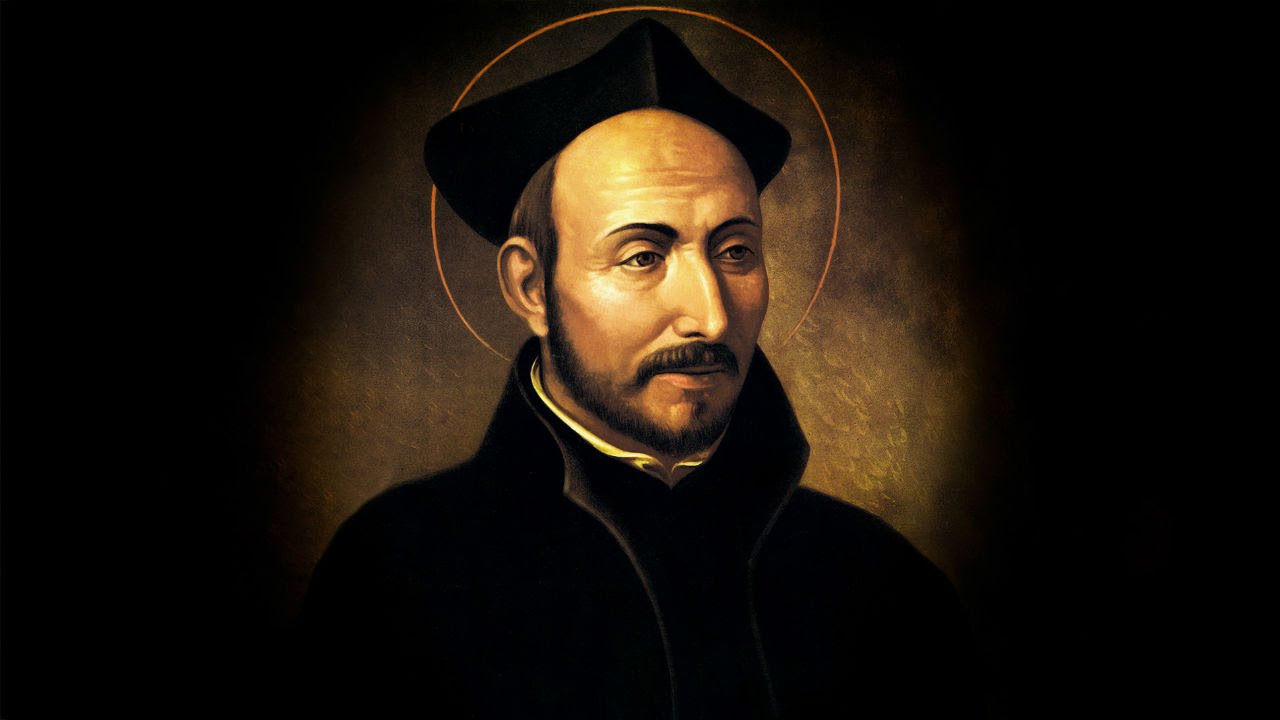
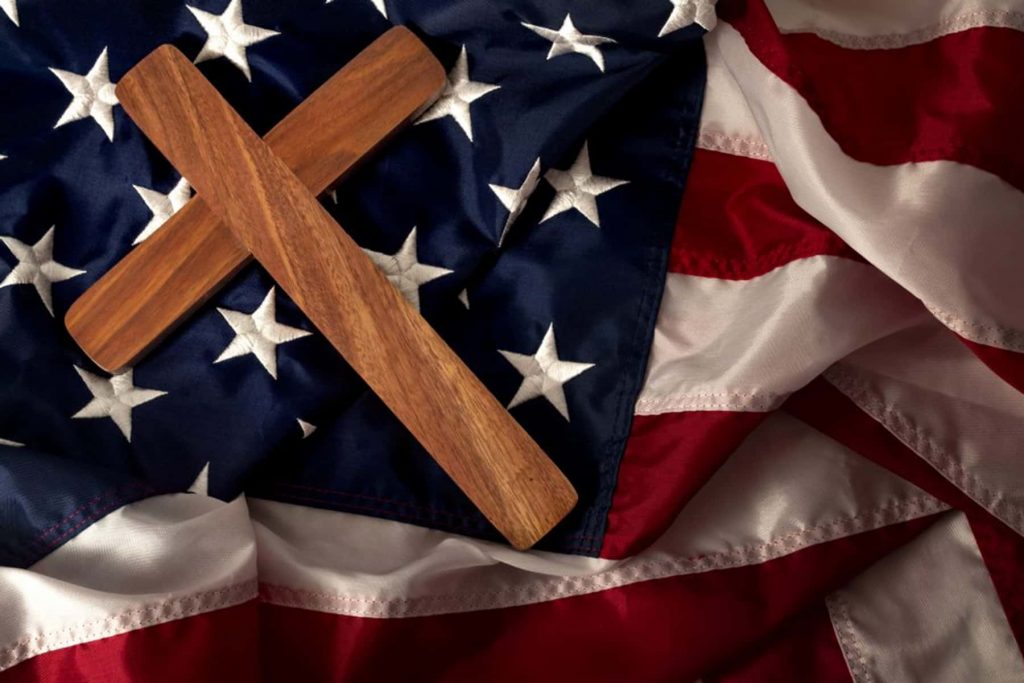
 Yesterday’s post asked what a spiritual exercise is. Today I continue unpacking Ignatius’ definitions to explore his intent for those undertaking the Exercises.
Yesterday’s post asked what a spiritual exercise is. Today I continue unpacking Ignatius’ definitions to explore his intent for those undertaking the Exercises.
